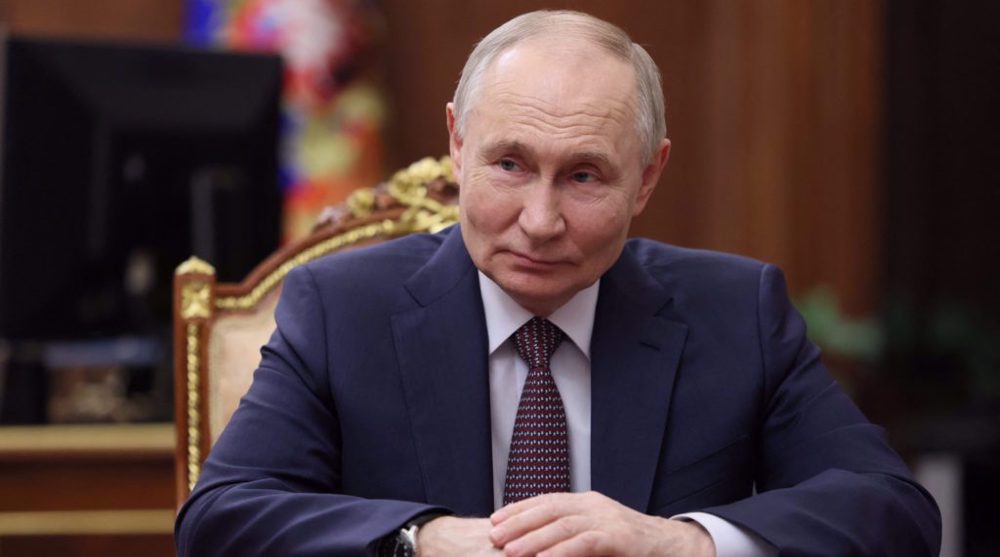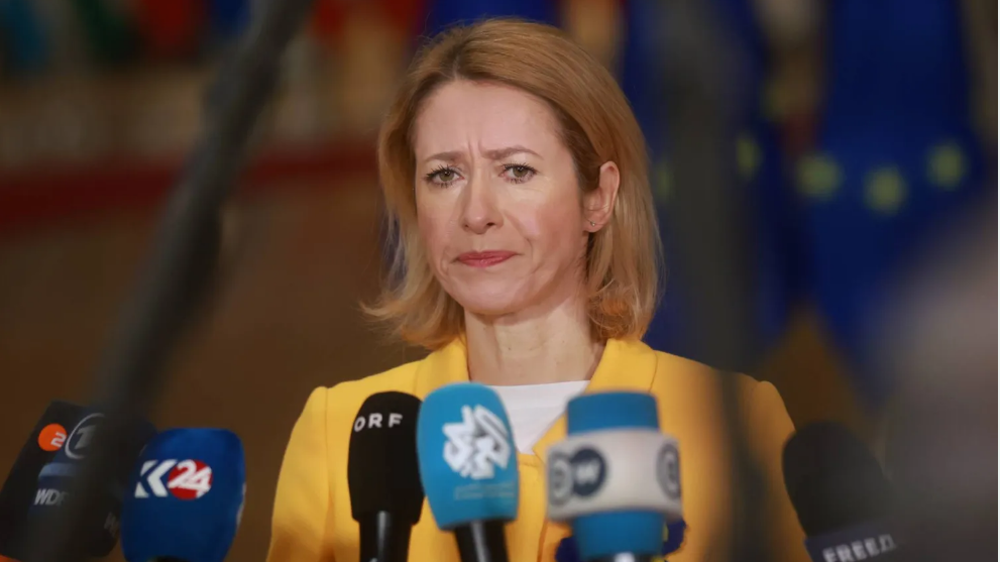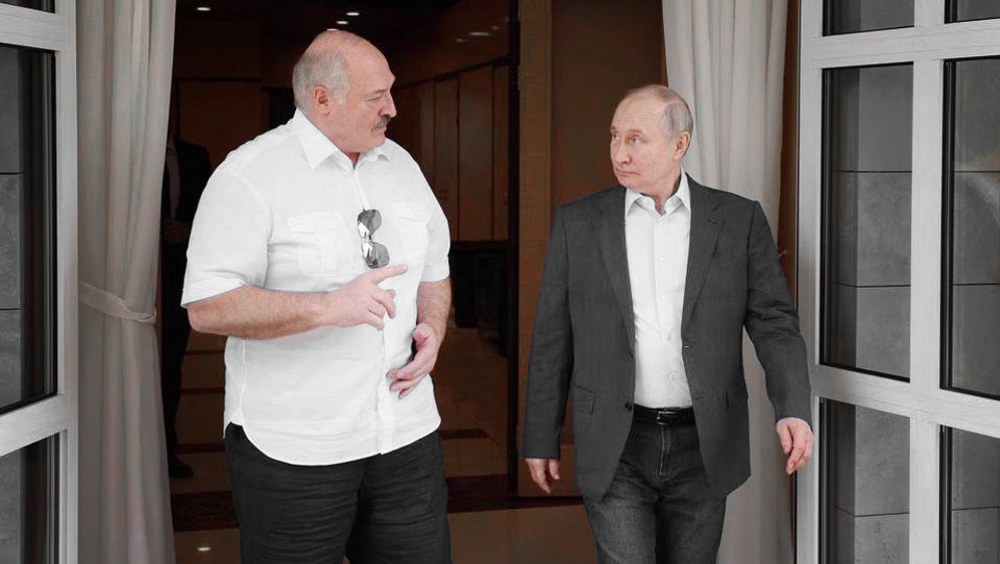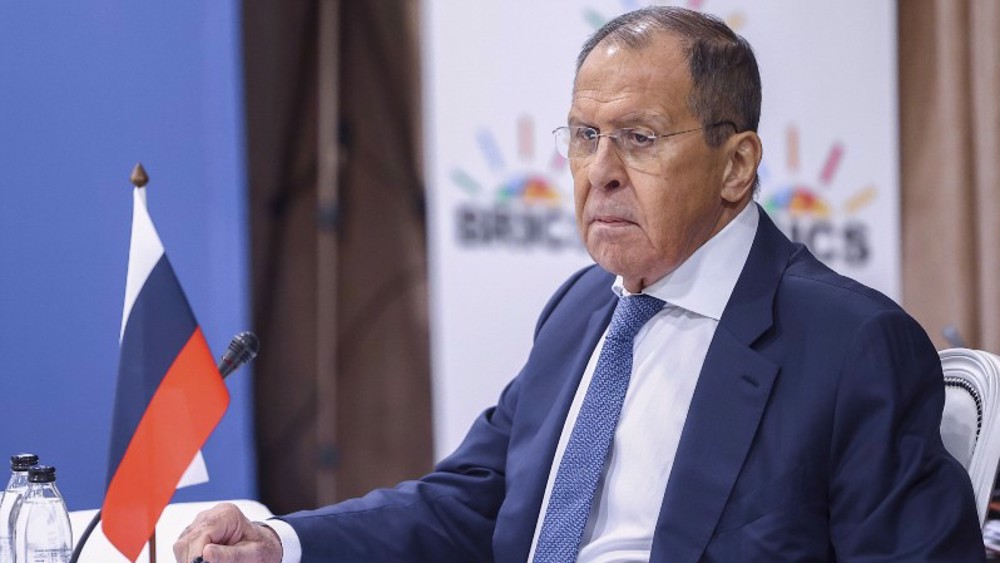Putin: Tactical nuclear weapons to be deployed in Belarus in July
President Vladimir Putin says Russia’s military will begin deploying tactical nuclear weapons in neighboring Belarus in July.
The Russian leader was meeting with Belarusian President Alexander Lukashenko in the Black Sea resort of Sochi on Friday.
Russia, Putin said, will start the deployment once special storage facilities are prepared.
“Everything is going according to plan,” Putin told Lukashenko. “Preparation of the relevant facilities ends on July 7-8, and we will immediately begin activities related to the deployment of appropriate types of weapons on your territory.”
Putin said ‘Iskander’ mobile short-range ballistic missiles, which can deliver nuclear warheads with a range of 500 kilometers, had already been handed over to Belarus.
Sukhoi-25 aircraft, with a range of up to 1,000 kilometers, have reportedly been adapted to carry the warheads.
If the weapons were launched from the main air base outside Minsk, the projectiles could potentially reach virtually all of Eastern Europe, including a host of NATO member states, as well as cities such as Berlin and Stockholm.
Putin said in March that he had agreed to deploy such weapons in Belarus. The move will counteract the United States’ longtime deployment of similar weaponry in a host of European countries.
Meanwhile, fighting has intensified between Ukrainian and Russian forces in the southern region of Zaporizhzhia. Kiev forces are prepping to mount a counteroffensive to reclaim occupied ground from Russian troops in the south and east of Ukraine.
The warring sides have since June 6 traded blame for the bursting of the Soviet-era Kakhovka hydroelectric dam, which sent waters cascading across the war zone of southern Ukraine in the early hours of that day, forcing tens of thousands to flee.
Currently, nearly 42,000 people are reportedly at risk of being affected by the flooding in Russian and Ukrainian-controlled areas along the Dnipro River after the dam collapsed.
Russia began what it described as a “special military operation” in Ukraine on February 24, 2022, as part of a national security measure against the persisting eastern advance of the US-led NATO military alliance.
Moscow said the operation was aimed at defending the pro-Russia population in the eastern Ukrainian regions of Luhansk and Donetsk against persecution by Kiev, and also to “de-Nazify” Ukraine.

Putin says not opposed to Europeans’ involvement in Ukraine talks

Russian consulate in France comes under attack on Ukraine war anniversary

EU imposes new sanctions on Russia on third anniversary of Ukraine war
Hezbollah's display of power proved resistance cannot be eliminated: Iran parl. speaker
Israel escalates West Bank raids as official says regime seeking to complete Gaza genocide
Australian senator smeared by anti-Iran groups for saying Iranian women 'have a voice'
Palestinian man dies in Israeli prison as Foreign Ministry urges intl. probe into regime’s crimes
Putin says not opposed to Europeans’ involvement in Ukraine talks
VIDEO | Iranian Kurdish protesters demand European action against PKK, PJAK terror
VIDEO | Israel expands offensive in northern West Bank, deploys tanks to Jenin
VIDEO | Spaniards fill streets of Cádiz in solidarity with Palestine








 This makes it easy to access the Press TV website
This makes it easy to access the Press TV website